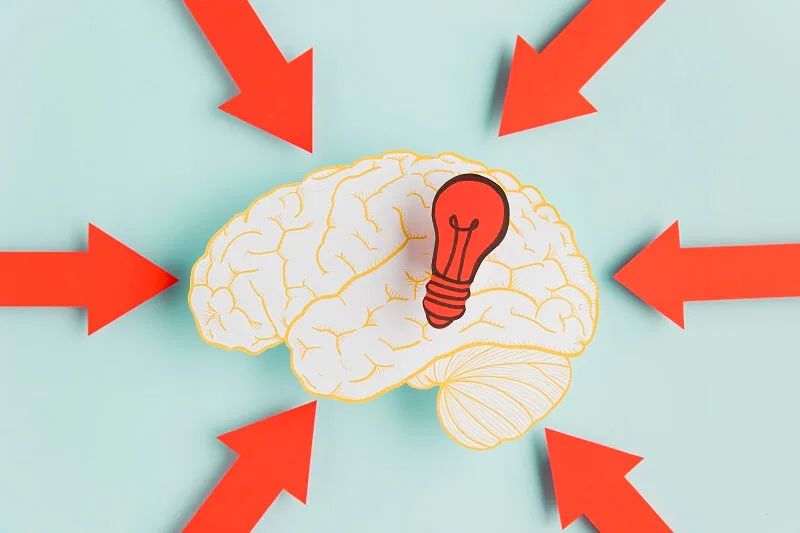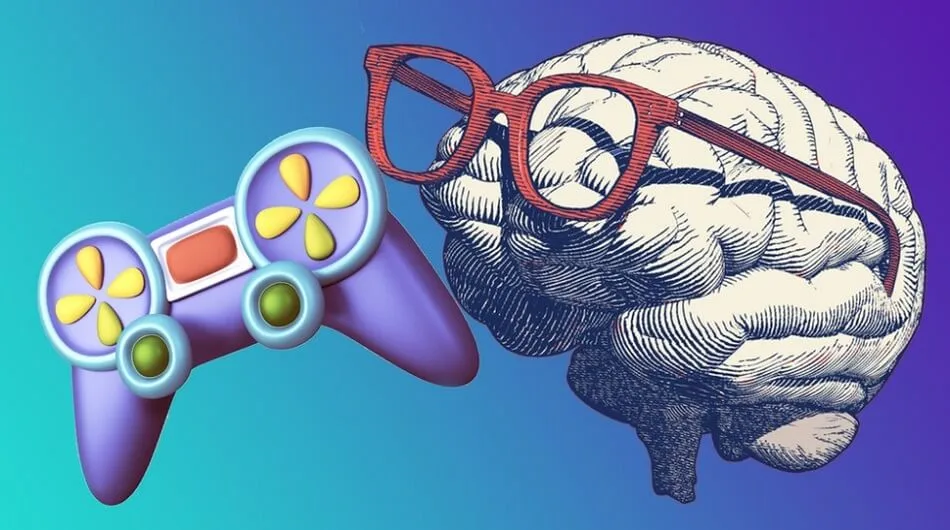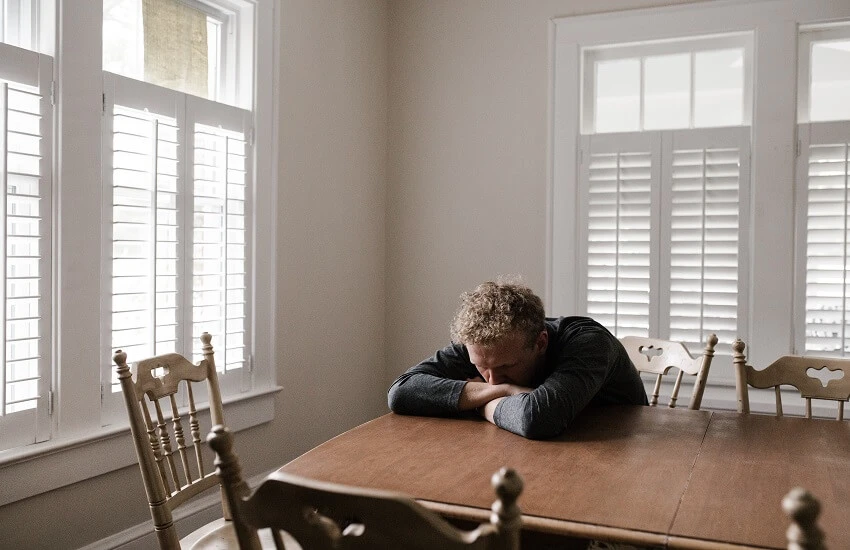Early childhood attachment patterns have a profound impact on our interpersonal interactions and emotional health throughout a lifetime. The avoidant attachment style is one example of this type of connection. People who have a style of attachment that is avoidant may find it difficult to build strong, deep relationships and tend to shy away from emotional closeness.
Difficulty in Forming Close Relationships
It might be difficult for those who are loving someone with avoidant attachment style to establish and preserve deep connections. Having a fear of emotional closeness and vulnerability might result in a protective emotional wall that keeps others at a distance. This inability to establish meaningful connections can lead to a severe sensation of loneliness and isolation, which can exacerbate mental health conditions like anxiety and depression. It is crucial to identify and resolve these obstacles in order to create satisfying and sustaining relationships since the unwillingness to enter into deep connections might result in lost chances for psychological assistance and connection.
Fear of Abandonment
People who are avoidantly connected may have a deep-seated dread of being abandoned. This worry stems from early experiences that made them believe that relationships are risky or untrustworthy. Fear can show itself as a persistent craving for autonomy and self-sufficiency as people try to shield themselves from possible emotional injury. Emotional detachment brought on by the fear of abandonment might make it difficult to communicate requirements or ask for help. This dread can have a substantial negative influence on general mental health by raising stress levels and causing enduring emotions of insecurity. Improving emotional well-being and creating healthy relationship dynamics require addressing and overcoming these worries.
Emotional Suppression and Avoidance
People with an avoidant attachment style often develop a common tendency to suppress and avoid their emotions as a coping mechanism. They may downplay or reject their own emotions because they believe that being sensitive is a weakness that puts them at risk for injury. This suppression of feelings can result in a lack of awareness of oneself as well as trouble understanding and expressing one’s feelings.
Over time, this suppression can negatively affect mental health by resulting in a loss of feeling and a decreased capacity for emotion regulation. It is critical to recognize the value of expressing one’s emotions and to seek support for navigating and sorting through emotions to break free from this cycle and improve overall wellness. For those with a defensive attachment style, realizing that emotion is a necessary component of human experience rather than a sign of weakness is essential to their path toward emotional development and recovery.
Impact on Self-Esteem
The mechanics of avoidant attachment may have a significant impact on how someone feels about themselves and how valuable they are. Reluctantly embracing emotional distance can result in a lack of support and validation from others, robbing people of the outside validation required for a healthy sense of self.
This may eventually lead to a decline in one’s feeling of self-efficacy and value. For those with an avoidant lifestyle, it is essential to confront and challenge negative self-perceptions in order to cultivate a good self-image and advance mental wellness. Having a more positive attitude toward oneself and increasing one’s sense of self-worth can be achieved via seeking therapy treatment.
Difficulty Trusting Others
Healthy relationships are fundamentally based on trust, but people with avoidant attachment styles frequently have trouble building trust. A widespread mistrust of other people’s motives may have its roots in past experiences of emotional abandonment or betrayal. This lack of trust can make it difficult to build deep connections, which can set off a chain reaction of unsuccessful relationships.
Building trust is essential for mental health in general, and treatment may help people with avoidant attachment styles address and get over trust-related obstacles. Fostering emotional well-being requires acknowledging that not everyone will violate their trust and trying to establish a foundation of confidence in relationships.
Conclusion
Fostering personal development and creating healthy relationships need an understanding of how avoidant attachment styles impact mental health. Breaking the loop linked with a type of avoidant attachment requires identifying emotional avoidance habits, addressing the fear of abandonment, and focusing on trust and self-esteem.





